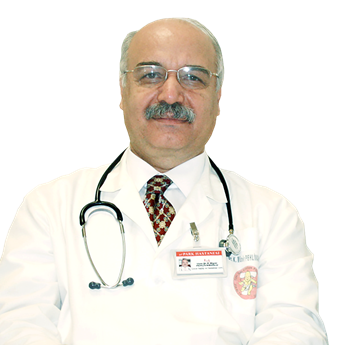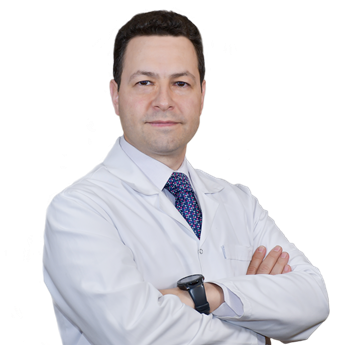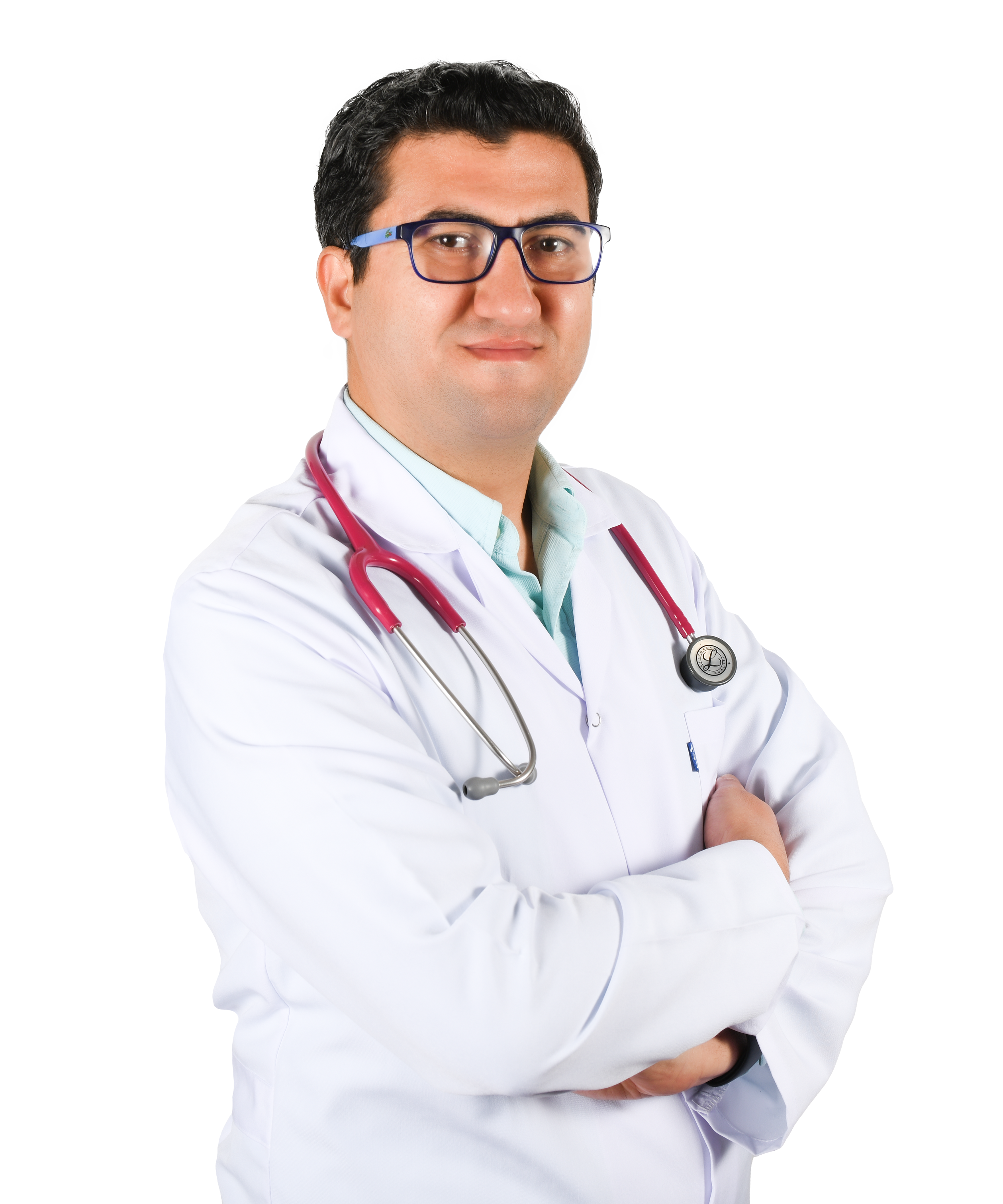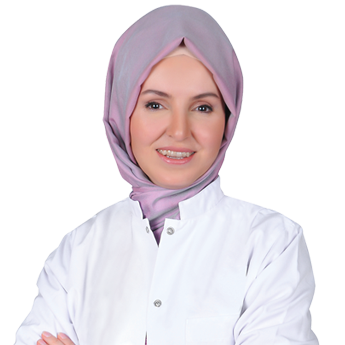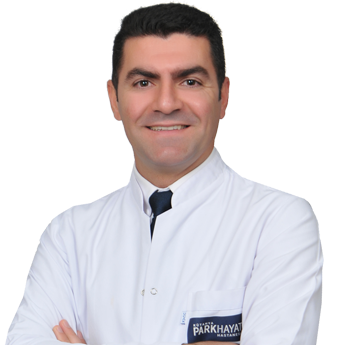PEDIATRICS

The Department of Pediatrics is the branch of science that deals with the diagnosis, follow-up and treatment of individuals from birth to adolescence. Between the ages of 0 and 18, congenital diseases of people defined as children, regular postnatal vaccination follow-up, mental, physical and motor development are monitored by pediatricians. In the routine examinations performed during this process, many processes such as the development of babies' height, weight, nutrition and similar development, as well as the development of their daily life skills, expression and understanding, neurological and psychological development are controlled and monitored. Physicians who deal with the difficult diagnosis and treatment of diseases of infants who have not yet developed communication skills also conduct examinations of individuals in childhood, taking into account their psychology.
One of the most important goals of our Pediatrics clinic is not to forget the importance of breastfeeding in the development of the baby. In addition, all newborn babies are screened for phenylketonuria and hypothyroidism by taking heel blood samples.
In our hospitals, the physical, social and psychological development of babies is evaluated and their vaccinations are carried out in accordance with the recommendations of the Ministry of Health and the World Health Organization.
Which diseases does Pediatrics treat?
Starting from anomalies or disorders that may occur in the baby in the womb during pregnancy, physicians who work meticulously in the diagnosis and treatment of many different disorders until advanced ages serve in the following areas:
Pediatric Surgery
Congenital anomalies, burns and injuries requiring surgical intervention, circumcision in boys, appendicitis, cracks or polyps in the anus, types of hernia, disorders such as hemangiomas or lesions on the skin and many other different areas are included in the scope of pediatric surgery.
Pediatric Cardiology
Pediatric cardiology is the branch of science that deals with the heart problems of all children from the time the baby spends in the womb until the age of 18. In this process, heart diseases in children can be congenital or may occur later on. The pediatric cardiology department deals with the treatment of not only children up to the age of 18, but also adults with congenital heart disease (congenital).
Pediatric Gastroenterology
The esophagus, stomach, intestines, liver, pancreas and gallbladder are the organs that make up the digestive system. Gastroenterology is the branch of science that examines all organs in the digestive system and diseases originating from these organs. The unit that controls and treats all children between the ages of 0-18 in this field is the pediatric gastroenterology unit. The main diseases examined are constipation, diarrhea, reflux, jaundice, celiac disease, lactose intolerance and other gastroenterological system diseases.
Pediatric Hematology
Hematology, which means the science of blood, is the branch of medicine that deals with the diagnosis and treatment of blood and bone marrow diseases. Hematologic diseases in childhood include fatigue, exhaustion, recurrent infections, enlarged lymph nodes, bone and joint pain, bleeding, weight problems, polycythemia, jaundice, lymphoma, leukemia and Mediterranean anemia.
Pediatric Nephrology
Nephrology, which deals with kidney and urinary system diseases; urinary tract infections, acute renal failure, dialysis, antenatal hydronephrosis, urinary system anomalies, urinary system stone disease, vesicoureteral reflux and kidney transplantation.
Pediatric Rheumatology
Pediatric rheumatology is the branch of science concerned with the diagnosis and treatment of rheumatic diseases in individuals aged 0-18 years. Childhood rheumatic diseases are multisystem diseases characterized by acute and chronic inflammation of the musculoskeletal system (joints and muscles), vessels, and skin. The main diseases looked for are; Familial Mediterranean Fever (FMF), Recurrent fevers due to a genetic disorder, Juvenile Rheumatoid Arthritis (Childhood Rheumatism), Psoriatic arthritis, Arthritis associated with enthesitis, Juvenile Spondyloarthropathy, Systemic lupus erythematosus (SLE), Vasculitis, Henöch Schonlein Purpura, Kawasaki Disease, Behçet's disease (BS), Childhood dermatomyositis (juvenile dermatomyositis), Scleroderma, Pain syndromes, Hypermobility syndrome and other rheumatologic system diseases.
Pediatric Endocrinology
The internal glands in the body undertake the task of secreting hormones. The system in which all internal secretion glands are located is the endocrine system. The secreted hormones have various tasks such as growth, development, reproduction and controlling the reactions to the outside. The branch of the unit that deals with diseases that occur when the glands do not work correctly and properly is endocrinology. The unit that deals with the hormonal disorders of all children in the 0-18 age group and the diseases that occur in the face of these disorders is pediatric endocrinology. The main diseases that are examined are Early Puberty, Growth Retardation, Obesity, Diabetes, Thyroid and Goiter, Rickets, Turner Syndrome, Sexual Development Disorders, Osteoporosis, and other rheumatologic system diseases.
Pediatric Immunology and Allergy Diseases
Allergic diseases, which are known as excessive reactions of the immune system against normally harmless allergens, reduce the quality of life of individuals. Pediatric Immunology and Allergy Unit deals with the diagnosis and treatment of immune system and allergic diseases caused by the interaction of genetic and environmental factors. Physicians who diagnose and treat conditions such as allergic rhinitis, asthma, eczema, atopic dermatitis, food allergies and allergic rhinitis, as well as conditions that cause major reactions in the body, such as bee stings and anaphylaxis, are within the scope of this unit.
Pediatric Oncology
Cancers, which occur as a result of uncontrolled proliferation of body cells, are among the serious conditions that affect children as well as adults. Pediatric oncology doctors who diagnose and treat in this field play an effective role in the diagnosis and treatment of oncological disorders that can occur in different parts of the body such as lymphoma, leukemia and different tumor types. In addition to the diseases mentioned above, pediatric diseases and health doctors work in a wide range of areas for infants, children and adolescents. From emergency services of hospitals to intensive care units, from routine infant development checks to serious pediatric diseases, physicians who work in a wide range of areas aim to raise healthy individuals by performing their duties meticulously.
Pediatric Intensive Care
Infants as young as 28 days old and children up to the age of 18, whose vital signs are at risk, are monitored by pediatric intensive care specialists 24 hours a day, 365 days a year in pediatric intensive care units. These patients are usually kept under observation in these units due to system or organ failure or to monitor their general condition after surgery.
